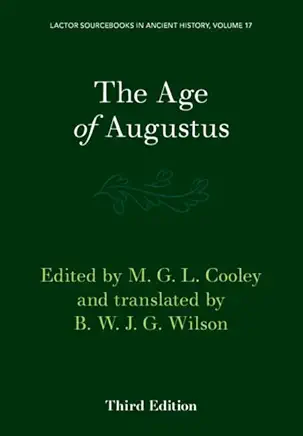
Smolin, Jonathan
product information
description
is the most popular and prolific writer of Arabic fiction in the twentieth century. The Politics of Melodrama is the first book to take on this giant of Arabic fiction and consider both his outsized cultural influence and consequential position in Egyptian politics. Jonathan Smolin frames the work of Abdel Kouddous not only as romantic melodrama, but as an entirely new model of Arabic fiction as dissent-contesting the fate of the 1952 revolution, condemning Nasser's betrayal of democracy, and grappling with depths of guilt at what Egypt had become.
Smolin reveals the surprisingly close relationship between the famed writer and Nasser. He offers a new reading of fiction during the Nasser era that inserts the importance of non-elite culture in the history of the period and reevaluates the production of Nasserism. Unearthing Nasser's repeated interventions both to shape the work of Abdel Kouddous and to discipline him personally, this book demonstrates how the media and popular fiction became spaces of negotiation between the intellectual and the state, contesting Nasser and his politics during a period that has been widely assumed to be devoid of dissent.
member goods
No member items were found under this heading.
Return Policy
All sales are final
Shipping
No special shipping considerations available.
Shipping fees determined at checkout.







